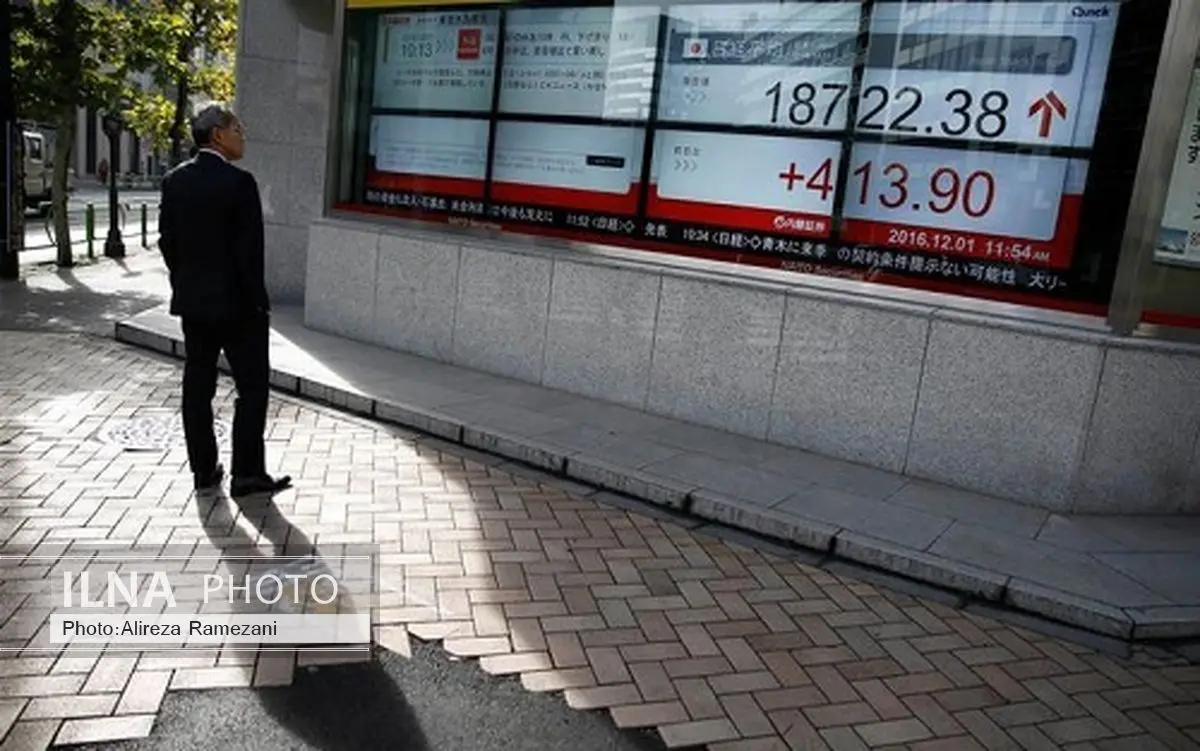Asian shares rise as U.S. interest rates ease, China steps up yuan defense

Asian shares recovered to four-week highs on Friday as a surge in the dollar and its borrowing costs sparked by Donald Trump's election eased, with the U.S. 10-year yield slipping to one-month lows.
European shares were expected to be little changed, with financial spreadbetters expecting a flat to 0.1 percent rise in Britain's FTSE .FTSE and a flat to slightly weaker opening in Germany's DAX .GDAXI.
The U.S. dollar stayed near three-week lows against a basket of currencies though it bounced back slightly as the Chinese yuan CNY=CFXS gave up some of its massive gains made in the previous two days despite Friday's strong midpoint fixing by China's central bank.
"The market appears to be on risk-on mode. It could be because of stabilizing U.S. yields. It could be signs of stability in Europe, or a recovery in oil. Anything that has been battered by higher U.S. rates is coming back," Yoshinori Shigemi, global market strategist at JPMorgan Asset Management.
MSCI's gauge of the world's stock markets .MIWD00000PUS hit its highest levels in a year and a half, taking its gains since the start of the year to 1.7 percent, helped by this week's generally upbeat economic readings in the United States, China and Europe.
In Asia, MSCI's ex-Japan Asia-Pacific shares index .MIAPJ0000PUS hit four-week high before paring gains to stand little changed. It has gained 2.7 percent in the first week of 2017.
In contrast, Japan's Nikkei .N225, one of the best performers since Republican Trump won the Nov. 8 election, dropped 0.3 percent as the yen gained versus the dollar.
"What's going on is a correction of the 'Trump trade' since the election. The markets have been trying to fully price in his policies just based on hopes," said Koichi Yoshikawa, executive director of finance at Standard Chartered Bank in Tokyo.
"From now on, it's not going to be a simple one-way bet," he said.
Trump's surprise victory had sparked a major realignment in markets.
Expectations that his administration will bring tax cuts, higher spending and deregulation have boosted U.S. bond yields and the dollar, to the detriment of many emerging economies that have benefitted from cheap dollar funding and had attracted trillions of dollars from investors shunning low U.S. yields.
Already under pressure from profit taking as the Trump rally wanes, the dollar extended losses on Thursday as China stepped up efforts to support the yuan, sparking speculation that it wants a firm grip on the currency ahead of Trump's Jan. 20 inauguration.
"Chinese authorities might be wary because of rising possibility that the U.S. President-elect Trump might impose restrictions on trade with China," said Takahiko Sasaki, market economist at Mizuho Bank.
While there are many hurdles for designating China as a currency manipulator or slapping on a higher tariff, Washington could impose more anti-dumping duties, he added.
Trump has said he would name China as a currency manipulator and slap a punitive 45 percent tariff.
The cost of borrowing the yuan HICNHONDF= in Hong Kong, the main offshore yuan trading center, sky-rocketed, making it too costly for speculators to sell the yuan against the dollar.
The offshore yuan CNH=D4 gained more than 2 percent in the last two sessions, its biggest two-day gain on record, to a two-month high of 6.7833 per dollar before it eased back about 0.5 percent in Asia on Friday to 6.8120.
The dollar also slumped to a three-week low of 115.21 yen JPY=, having shed 1.6 percent on Thursday, its biggest fall in five months. It bounced back 0.4 percent on Friday to 115.80 yen.
The euro also posted its biggest gain in seven months, of 1.1 percent, on Thursday and last fetched $1.0588 EUR=.
The dollar's index against a basket of six major currencies .DXY =USD tumbled to 101.30, falling more than two percent from its 14-year high of 103.82 set on Tuesday.
Investors also rushed out of their selling positions in U.S. bonds, one of the most convincing plays since the election because Trump's policies are seen as stoking inflation.
The 10-year U.S. Treasuries yield hit a one-month low of 2.344 percent US10YT=RR, having fallen about 30 basis points from its two-year high of 2.641 percent touched on Dec. 15.
END
